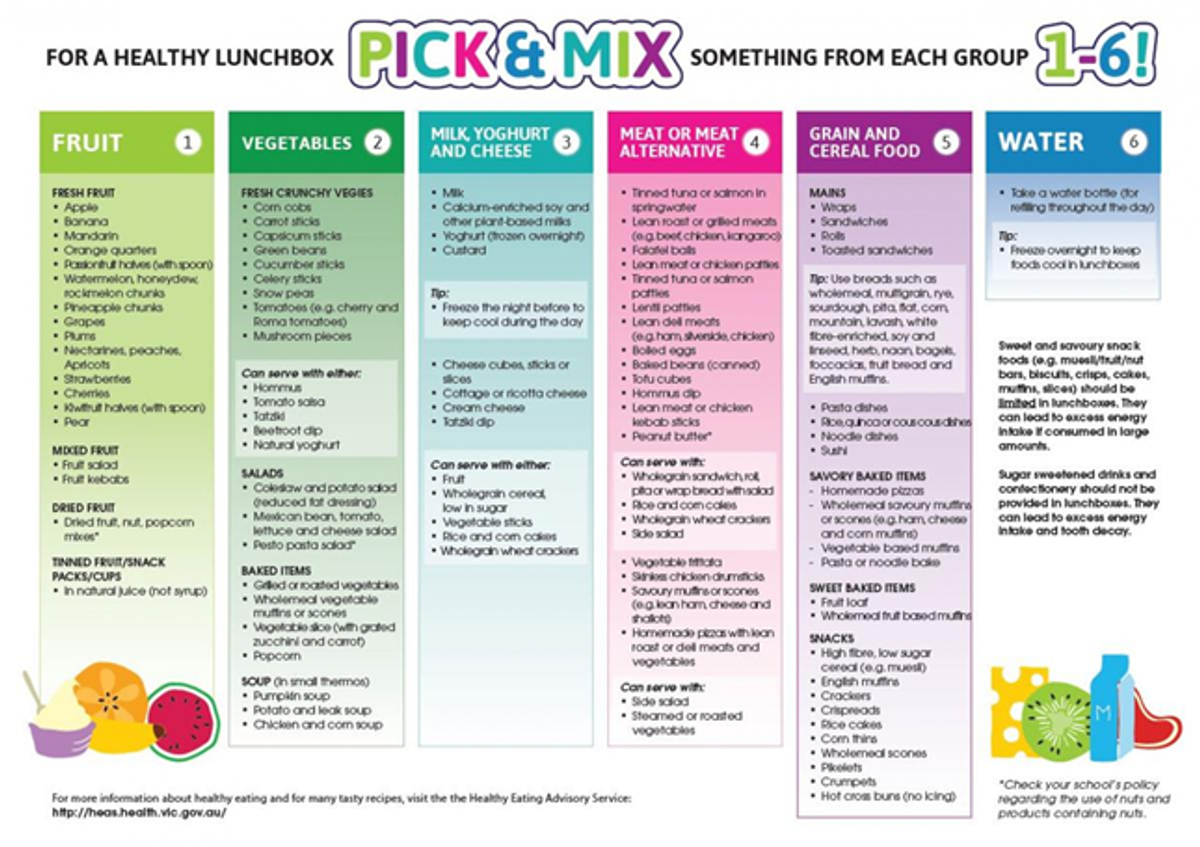Health & Wellbeing News

HEALTH AND FITNESS
In order to perform at our best, there are a number of factors which are really important and needed to be met so that we may achieve that result. This is true regardless of whether you are a professional athlete or trying to impress the boss at work. The special ingredients that I am referring to are sleep and nutrition, and these are especially important for our students at school. The article below on the importance of sleep is from the Department of Education’s website. It has been written in response to recent research which shows that about 12% of primary school-aged children, a quarter of 12- to 15-year-olds and half of 16- to 17-year-olds don’t get enough sleep on school nights. This is the first of a number of articles and tips that we will share with you through the newsletter or via SeeSaw posts. Nutrition is also important for performance. Without good quality fuel (food) our bodies cannot operate at their best. I have included another article on school lunch boxes and healthy snacks of kids.
Sleep is essential for good health. Current research shows that many children and young people are not getting enough sleep on school nights. This can affect thinking, concentration, memory, reaction times and mood.
The recommended amount of time to sleep for primary school-aged children is 9 to 11 hours. For teenagers, it’s 8 to 10 hours.
Signs that your child is not getting enough sleep can include:
· low mood and irritability during social interactions
· reluctance or arguing about getting off devices and going to bed
· falling asleep during the day
· difficulties waking up for school and sleeping in late on weekends to catch up
· changes to communicating or interacting at home.
You can help your child to improve their sleep by:
· establishing a regular sleep pattern and consistent bedtime routine
· supporting them to avoid using electronic devices such as smartphones before going to bed and in bed
· encouraging your child to exercise and spend time outside in daylight, steering clear of vigorous activity in the hour before sleep
· encouraging them to wind down and relax before going to bed.
If your child is still having trouble sleeping, has persistent problems with low mood, excessive daytime sleepiness, restlessness in bed, severe snoring or wakening unrefreshed, despite getting adequate length sleep, they should see a doctor.
Sleep Tips for Children
1. Establish a regular sleep pattern.
Regular hours of sleep are important. It will help your child understand when it is time to sleep. Also, your child will have better sleep. Bed-time shouldn't vary by more than an hour across all days of the week - whether your child has an early start the next morning or not. The same goes for getting up time.
2. A consistent bedtime routine
It is good to have the same routine before bed each night. This will help prepare for sleep. Quiet activities are good, such as reading a book or being read to or having a bath or shower. In the half hour before bed, there are some things you don't want your child to do. These are more active games, playing outside, TV, internet or mobile phone social networking and computer games.
3. Make sure the bedroom is comfortable.
The bedroom should be quiet, comfortable and dark. Some children like a night light. This is fine. Make sure your child sees the bedroom as a good place to be. You can help do this by not using it as a place for punishment.
4. Bed is for sleeping, not entertainment.
TV, computers, mobile phones and other things that distract your child are not good for their sleep. Keep them out of the bedroom. “Needing” to watch a screen to fall asleep is a bad habit. This can easily develop, but you don't want it to happen. It’s also better if you can check on what your child is watching.
5. Some foods can disturb sleep
A high intake of sugary or fatty foods has been linked with more restless sleep. Avoid sugary or high fat snacks before bedtime, as well as large meals. A small healthy savoury snack before bed would be fine.
6. Caffeine is a stimulant
Caffeine is found in many popular drinks. These include coffee, tea, cola soft drinks and some chocolate products. It can make it harder to get to sleep. Your child should have as little of these as possible, and certainly not after lunchtime.
7. Take care with daytime naps.
It is normal for young children to nap during the day. As your child gets older, they will need less sleep. This means they will need to nap less. The number and length of naps depends on your child. If your child naps after 4pm (except for the very young) it can be harder to get to sleep at night.
8. Exercise and time outside
Daily exercise is an important part of healthy living. It also promotes good sleep. Time spent in bright daylight does the same. Outdoor exercise achieves both these things. However, it is best to steer clear of vigorous activity in the hour before sleep.
9. Work with your doctor
If your child is sick or isn't comfortable, their sleep will suffer. Some children suffer from specific sleep problems such as frequent nightmares, snoring or sleep apnoea. It is important that these problems are dealt with. If you think ill health is involved, discuss this with your family doctor.
10. Specific sleep-related issues in children
The Sleep Health Foundation has a range of helpful fact sheets for children with particular sleep problems. These include tips on sleep issues for children with ADHD (see ADHD and Sleep in Children) or autism (see Autism in Children and Sleep), as well as more general topics such as bedwetting (see Bedwetting), childhood snoring (see Childhood Snoring and Sleep Apnea) and behavioural problems with settling to sleep (see Behavioural Sleep Problems in School Aged Children).
Healthy Lunchbox Ideas For School Kids
The following chart is a really good guide for putting together a lunch or snack box for school kids. Pick one item from each group to make the perfect snack for your child.


